Description
Capgemini Practice Aptitude Test Pack
The Capgemini Practice Aptitude Test Pack is your comprehensive guide to preparing for Capgemini?s graduate assessment.
This pack includes practice questions covering all the key sections found in the actual exams, helping you build familiarity and confidence.
The test pack is specifically designed to match Capgemini?s typical question styles, including numerical, verbal, and logical reasoning in CEB/SHL format.
Each question includes detailed step-by-step explanations and time-saving strategies to help you master each section.
About Capgemini Company
Capgemini SE is a French multinational corporation that provides consulting, technology, professional, and outsourcing services.
The company specializes in digital transformation, IT consulting, and engineering services, helping businesses adapt to technological advancements. Capgemini?s offerings cover various sectors, including finance, healthcare, and manufacturing, with expertise in cloud computing, AI, data analytics, and cybersecurity.
The company is known for its commitment to innovation, sustainable solutions, and inclusive technology, aiming to drive digital transformation across industries while supporting sustainability goals.
For more information, visit their official website.
Capgeminis Application Process
Capgemini SE is a leading global company specializing in consulting, technology, and professional services. Its application process for graduate roles is competitive, and includes several key stages:
- Online Application: Submit your resume and basic details.
- Psychometric Tests: Includes a mix of numerical, verbal, and logical reasoning assessments.
- Digital Interview: An online video interview focusing on skills and competencies.
- Assessment Centre: Face-to-face or virtual assessment involving various exercises and interviews.
Capgemini’s Test Breakdown
Capgemini often employs CEB/Gartner (SHL) style tests in their recruitment, which can include:
- Numerical Reasoning: Evaluating numerical data analysis skills.
- Verbal Reasoning: Assessing comprehension and interpretation of written material.
- Logical Reasoning: Testing problem-solving and critical thinking.
- Diagrammatic Reasoning: Analyzing abstract data through diagrams and patterns.
Capgemini Assessment Tips
- Psychometric Tests:
- Practice with sample numerical and verbal reasoning tests online.
- Familiarize yourself with the test format to manage your time effectively.
- Digital Interview:
- Use the STAR method (Situation, Task, Action, Result) for structured answers.
- Be authentic and confident when responding.
- Assessment Centre:
- In group exercises, demonstrate teamwork, clear communication, and logical thinking.
- For individual tasks, stay concise and focus on structured problem-solving.
This practice pack will help you understand what to expect at each stage and guide you through efficient study strategies for success.
FREE SAMPLE Capgemini PAST QUESTIONS AND ANSWERS

Question-1:
How much was spent on Clothes and Shoes in year 5 if the same percent increase was
maintained as between year 3 and year 4?
A. 1,920 Euros
B. 1,921 Euros
C. 1,922 Euros
D. 1,934 Euros
E. 1,935 Euro
VERBAL REASONING
Question 16
The government was warned by electoral administrators that the risk of fraud is now much higher.
A. True
B. False
C. Cannot tell
Answer: A. True
Explanation: The passage clearly states that electoral administrators warned of higher fraud risk.
Question 17
There is currently insufficient fraud to bring the electoral system into disrepute.
A. True
B. False
C. Cannot tell
Answer: C. Cannot tell
Explanation: The passage does not provide evidence about the current level of fraud.
Question 18
The previous system of postal voting was considered by election administrators to be less open to fraud.
A. True
B. False
C. Cannot tell
Answer: B. False
Explanation: There is no statement supporting that the earlier system was less open to fraud.
Question 19
There is a process for checking the validity of applications for postal votes.
A. True
B. False
C. Cannot tell
Answer: C. Cannot tell
Explanation: The passage does not mention whether applications are checked for validity.
Question 20
It is clear that the author of the passage agrees with the concerns raised by the administrators.
A. True
B. False
C. Cannot tell
Answer: C. Cannot tell
Explanation: The author’s opinion is not stated, only administrators’ concerns.
Question 21
The record price for crude oil is $50 a barrel.
A. True
B. False
C. Cannot tell
Answer: B. False
Explanation: The passage says prices fluctuated between $20 and $50, with current levels around $45, but does not confirm $50 as the record price.
Question 22
New extraction techniques allow oil to be extracted at a price of between 80 and 90 cents a barrel.
A. True
B. False
C. Cannot tell
Answer: B. False
Explanation: The 80–90 cents per barrel figure refers to the most efficient oil fields, not the new techniques.
Question 23
It is reasonable to assume that greater capacity at times of high demand will help stabilize prices.
A. True
B. False
C. Cannot tell
Answer: A. True
Explanation: The passage suggests producers want greater stability and are expanding capacity to respond to demand.
Question 24
The passage states that the recent exploration has found new reserves.
A. True
B. False
C. Cannot tell
Answer: B. False
Explanation: Exploration revealed that more oil exists than previously assumed, but it does not directly say new reserves were discovered.
Question 25
It would be reasonable to infer from the passage that oil analysts were impressed by the findings of the exploration and research.
A. True
B. False
C. Cannot tell
Answer: A. True
Explanation: The analysts concluded there is much more oil and that new techniques are more effective, showing a positive impression.
Download NOW and start practicing!

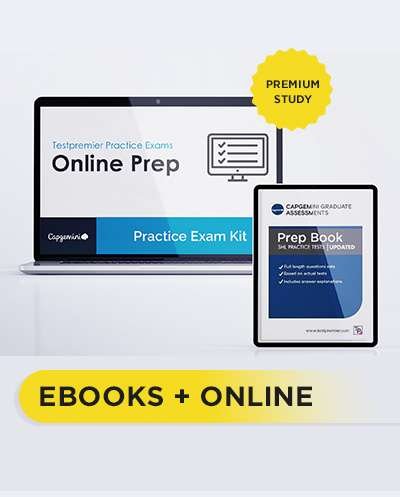




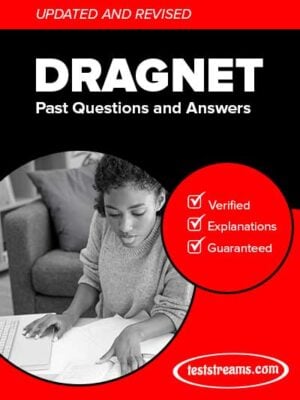
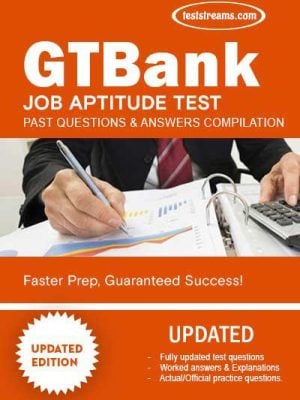
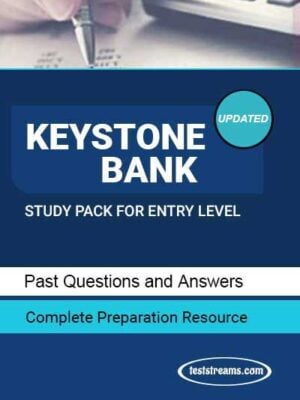

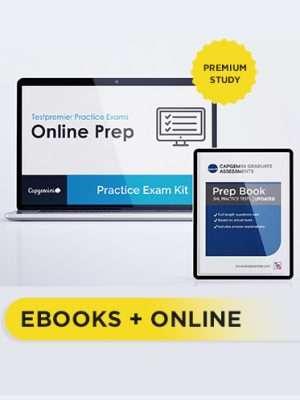
Reviews
There are no reviews yet.